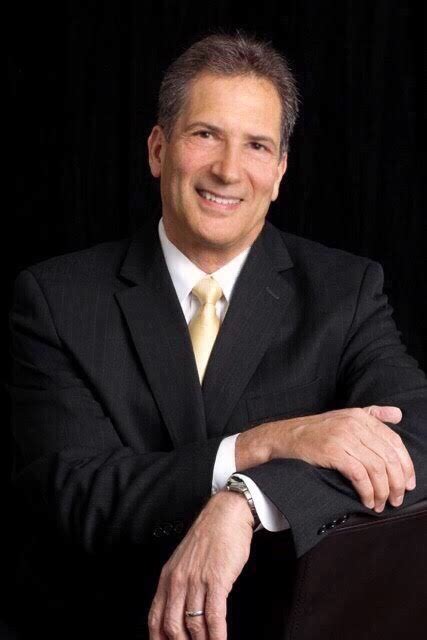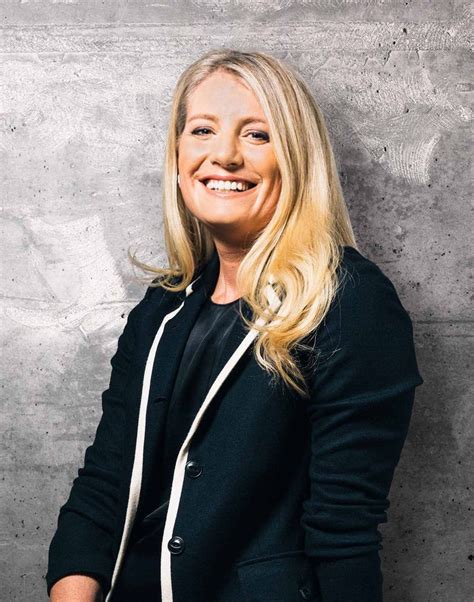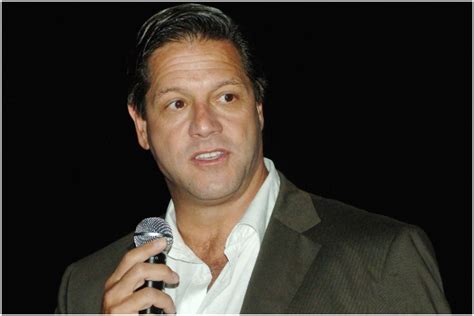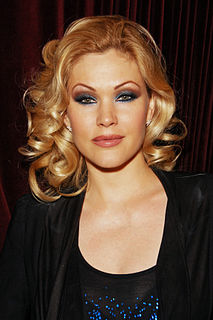A Quote by Rachel Simmons
I run skills-building programs focused on healthy risk taking, failure resilience, and self-care for undergraduates around the country.
Related Quotes
To laugh is to risk appearing a fool. To weep is to risk appearing sentimental. To reach out to another is to risk involvement. To expose feelings is to risk exposing your true self. To place your ideas and dreams before a crowd is to risk their loss. To love is to risk not being loved in return. To hope is to risk pain. To try is to risk failure. But risks must be taken, because the greatest hazard in life is to risk nothing.
With resilience you are learning to be flexible and take feedback on how people are experiencing what you are building, you're listening to what your customers are saying, you're building these relationships, and making better decisions over time. That all really starts with that resilience and that willingness not to be perfect.
I stay out of the sun, and if I'm in the sun, I'm wearing SPF. I protect my skin as much as I can; I learned that a long time ago. I also exercise every day and I get the endorphins going. It's important not only for my physical self but also for my mental self and my emotional self. I'm healthy, I eat well most of the time, I take care of myself and I drink a lot of water. But I also enjoy myself. Taking care of yourself doesn't have to be painful, it's about finding the right balance, I think.



































